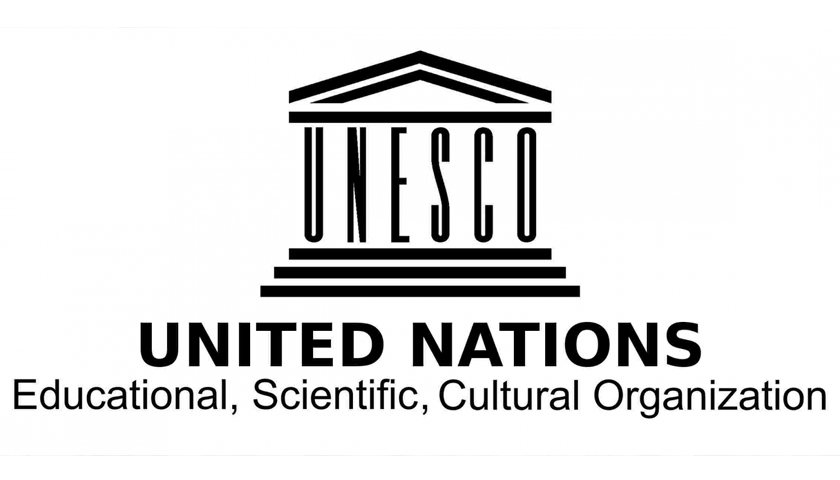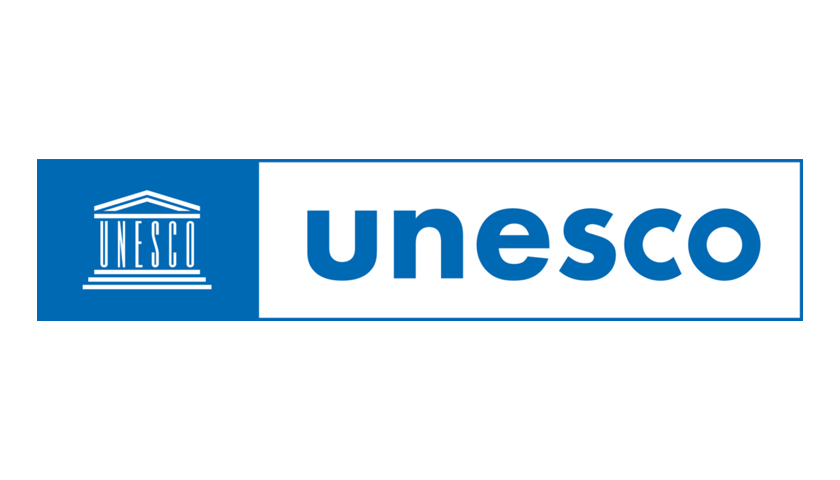The government of Togo has prioritized a Sustainable Development approach that seeks to both preserve biodiversity and reduce poverty in Fazao-Malfakassa National Park. A new project mobilizes UNESCO’s technical support and a $1 million grant from the India-UN Development Partnership Fund to stimulate the creation of green jobs in this remote area of northern Togo. Members of the local community will receive training and support to create sustainable businesses in bee-keeping/apiculture, snail rearing, mushroom farming, fish farming and eco-tourism.
This project was launched on 15 July with the participation of the Togolese Minister of Environment, Sustainable Development and Nature Conservation, Professor David Wonou Oladokoun, and numerous high-level participants from national and international institutions in Togo.
The Minister congratulated the partners, in particular the Indian government, UNESCO and the United Nations Office for South-South Cooperation, for supporting the country’s development policies through this project. He affirmed that project confirms and strengthens the Togolese government’s determination to make protected areas a tool for improving people’s livelihoods and combating climate change through the better use of their ecosystemic services.
Underscoring a participatory approach to the design and management of the project, a stakeholder engagement workshop had taken place on 9 July in the town of Soutouboua, where local communities voiced their vision, preferences and reactions to the proposed support. Local government officials, the Ministry and UNESCO facilitated the discussions.

Stakeholder engagement workshop in Sotouboua
“Given the enormous wealth of the fauna and flora in the Park, the project ambitions to support the government efforts to gain recognition of the area as a UNESCO designated Biosphere Reserve, where nature and mankind coexist in a harmonious, sustainable manner, with innovative approaches to combatting climate change and preserving biodiversity”– explained M. Yao YDO, the Director of the UNESCO Multisectoral Regional Office in Abuja.

